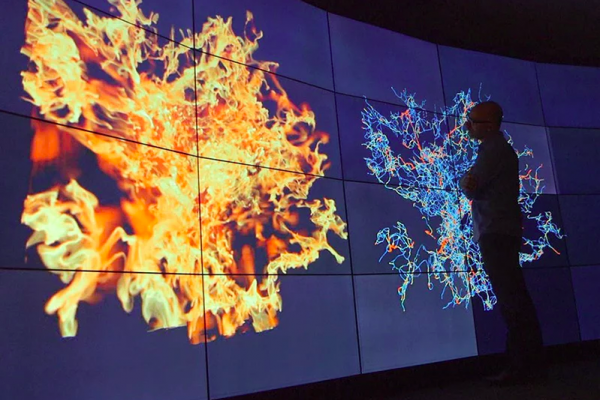Mar 27, 2018
Whitney has been drawn to such existential questions since her youth. The collision of what she called her family’s rational and secular Unitarian background with the more traditional Russian Orthodoxy of others in her wider family circle ensured that.
Read the Full Article

Already a subscriber? Login
